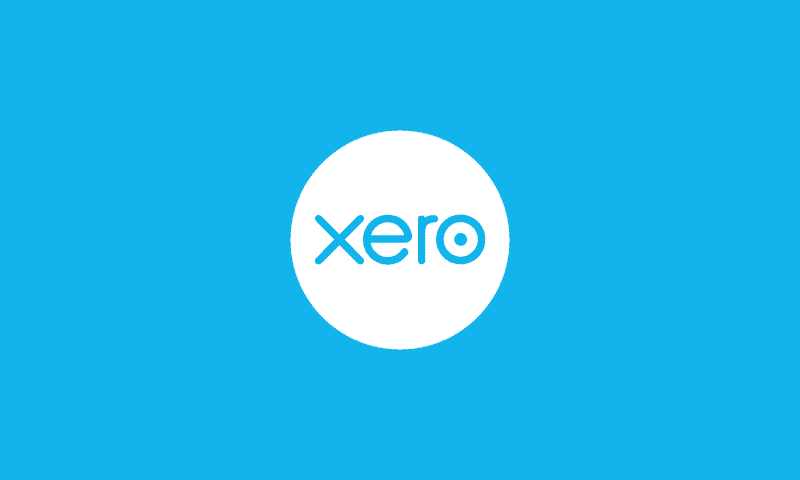Making Acquisitions: Interview with Stuart Trood, Senior Business and Finance Leader


Hi Stuart, thanks for meeting up today. Tell us a bit about your career to date and your experience of bolt-on acquisitions.
I am a qualified accountant by profession and have worked across a number of different sectors and industries over the last 30 years, in both finance and business leadership roles. As CFO for a number of businesses, I have managed, and successfully acquired a number of bolt-on companies of differing sizes in various jurisdictions globally.
It sounds like a very fast-paced career, including a number of bolt-on acquisitions and lots of exposure to each stage of the transaction process.
Yes, I particularly enjoy the acquisition experience, through initial desktop analysis on potential targets, through to final negotiation, and then bringing the acquired company into the bigger organisation.
You clearly have very strong experience of completing acquisitions and analysing new opportunities. Tell us a bit about the CFO’s main roles during an acquisition.
I see the CFO role during an acquisition as very much the conductor of the orchestra, navigating and working with all stakeholders, around the potential challenges of the potential acquisition, bringing into play the various ‘instruments’ as and when required. They are also the conscience for the acquiring company. The acquisition process can at times be a very emotional process, with some very emotional vendors.
What are the main tasks that you perform and key factors you consider when analysing a new potential acquisition opportunity?
There are a number of key tasks that need to be performed:
Strategy Development: In this initial step, the acquirer identifies a business strategy that justifies acquisition efforts – this is a key task as it will determine the strategic rationale for the acquisition, and quite often getting this wrong or unclear will undermine the successful execution of any acquisition.
Criteria Determination is critical, for example:
- Size and profitability: is the business large enough to justify the cost of acquisition? Will it enhance or dilute profit margins?
- Geography/region: does the target have a position in a strategically important country or region?
- Sectors: will the business support the penetration of new sectors, leading to a strengthening of the company’s resilience?
- Types of activities, expertise/offering, products or services: are the services or products offered similar or complementary to your own company’s? Will this enhance or detract from the coherence of your current service offering/product portfolio?
- Customer segmentation: will the target allow you to access new customers? Will it allow you to strengthen your position with your existing customers?
- Synergies: not the kind of ‘synergies’ that are anticipated to justify an inflated acquisition price, but are there genuine opportunities to make ‘1+1=3’ or even more over time?
It is also very important to consider the people and culture aspects within any potential targets. More often than not, they are the heartbeat of the target company and key talent retention will be critical to any successful acquisition.
I notice that you also have strong experience as a business leader. What do you think are the best things that a CFO can do to impress a CEO during a transaction process?
The CFO has to play the main leadership role during the transaction process, and it is critical that they can manage and communicate proactively with all parties (internal and external) within the process. In addition, and very importantly, they must ensure that they can continue to manage the day-to-day finance activities of the acquiring business. The CFO and other C-suite executives must also work together to identify potential synergies, and develop integration plans to realize the benefits expected from them.
What are the biggest challenges when trying to complete a deal?
There are a number of challenges when trying to complete a deal. Some particular examples would be:
- Sometimes the involvement of specialists and analysts with particular expertise and independent goals often results in multiple, fragmented views of the agreement.
- Keeping momentum going in order to close the deal can sometimes force premature closure of a deal and limit consideration of integration issues, and indeed force compromises, damaging the deal. Deal fatigue can also be a major challenge.
- Both acquirer and vendor are often unable to resolve important areas of ambiguity before they complete the agreement.
How do you manage to juggle your busy day-to-day role with the added demand and complexity of trying to lead an acquisition?
This is a very difficult challenge for the CFO and it is critical that they have the right quality of resources allocated to both activities (business-as-usual and the acquisition). The CFO must empower others and this is a great time to develop the future finance leaders, using this process.
What role does the CFO play post-acquisition?
The CFO plays a key role in facilitating post-acquisition integration plans, working with other departments to capture projected benefits. They will also be required to report on the progress of the acquisition to internal and external stakeholders.
Any final advice to other CFOs who are about to lead an acquisition opportunity?
Like many things in life, it is important to get the right team of expertise and experience around, delegate (you can’t do everything yourself), and don’t forget the day job!





Responses